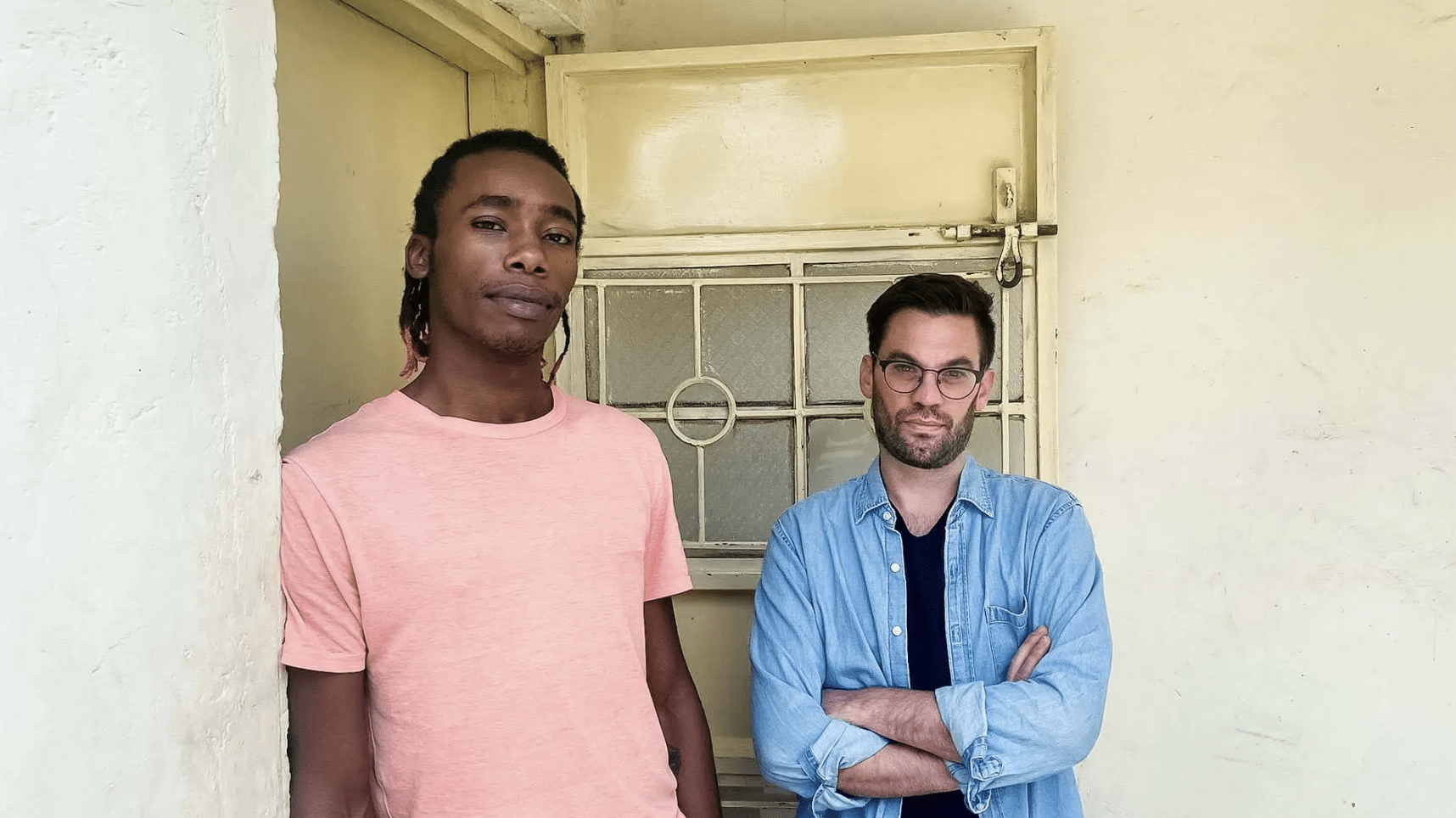
Photo courtesy of Matthew Thomann and Maryland Today.
1. What is your field of interest, and can you explain your Fulbright project?
I am a cultural and critical medical anthropologist. My research examines sexuality and the politics of health in sub-Saharan Africa and the United States, crossing subfields of medical anthropology, global health, and queer anthropology. Between January and August of 2022, with the support of a U.S. Fulbright Scholar award (African Regional Research Program), I conducted ethnographic research documenting the landscape of care available to sexual and gender minorities living with advanced cases of anogenital warts caused by human papillomavirus (HPV) in Nairobi, Kenya.
In the Kenyan context, the association between receptive anal sex and the clinical presentation of anal warts leads members of this community to avoid health facilities, fearing homophobic retaliation from health providers. This delayed clinical presentation, combined with high rates of undiagnosed and/or uncontrolled HIV infection, has resulted in a regionally localized pattern of severely advanced, often obstructive cases of HPV-related anal warts requiring surgical intervention.
My work highlights patient’s therapeutic trajectories–their narratives of treatment encounters, suffering, and the affective impact of this condition on their livelihoods, vital social networks, and forms of sexual intimacy. In addition to generating anthropological knowledge and developing an evidence base that community leaders can use to bolster their efforts to confront this emerging health crisis, this work responds to the global health alarm over emerging cancer epidemics in African contexts hardest hit by the HIV epidemic.
2. What was the most rewarding aspect of being a Fulbright Scholar?
A large part of my Fulbright research involved conducting participant observation in a home-based care center, where patients spent a week recovering from what was often an invasive medical procedure. Despite the trauma and pain they experienced living with such a stigmatized condition and undergoing the procedure, in the space of the recovery center it produced forms of relationality, humanity, and healing between patients and caregivers. As a queer researcher committed to working in solidarity towards health justice and equity alongside queer communities, it was deeply meaningful to find myself intertwined in those webs of relationality, humanity, and healing.
3. What inspired you to start this process of becoming a Fulbright Scholar? Have you always been interested in international research?
While I regularly conduct research in collaboration with communities in the United States, I maintain an active international research agenda. My dissertation research in Côte d’Ivoire focused on HIV vulnerability and community-led responses within donor-funded programming. In 2011, after spending months preparing my application materials for a Fulbright-Hays Doctoral Dissertation Research Abroad award, the program was suspended due to the insecurity caused by contested 2010 elections. Nearly a decade later, the Fulbright was an ideal funding mechanism for this new project on HPV in Kenya.
4. What was the most surprising thing you discovered during your Fulbright experience?
I’m queer and an anthropologist – it’s pretty difficult to surprise a queer anthropologist.
5. How have you carried forward your experience overseas now that you've returned home?
Since leaving Nairobi in August of 2022, I have returned for two shorter research trips and am in the process of writing up research findings for publication. Most recently, I received funding from the Office of the Provost and Vice President for Research to support dissemination activities in Nairobi this summer (2024). I am also exploring funding opportunities to support further data collection to understand the potential future burden of HPV-related anal cancer, which is vital to ongoing community-led advocacy for inclusion in national HPV prevention and treatment programming.
6. How and why did you choose your partner institution?
My partner institution was the University of Nairobi, and more specifically the Institute of Anthropology, Gender, and African Studies. The university had already hosted a few Fulbright scholars, including anthropologists who had affiliated with the institute.
7. For other Terps that are interested in becoming Fulbright Scholars in the future, what advice do you have for them?
Start early! I think it’s particularly important to reach out to academic units you’re hoping to partner with as soon as possible. While many university faculty/staff will be open – and even excited – about the opportunity to host a Fulbright scholar, there are many factors they may need to consider. Reaching out well in advance signals to the potential host institution and the humans working inside it that you’re collegial and considerate.
_____
Visit our Fulbright Scholars gallery to meet our fearless scholars engaging with the world. For general program information and application guidance, visit our "How to Fulbright at Maryland" section at the bottom of the page. Interested in applying for your own Fulbright, or want to learn more about the program? Email UMD’s Fulbright U.S. Scholars liaison Scholten@umd.edu.
